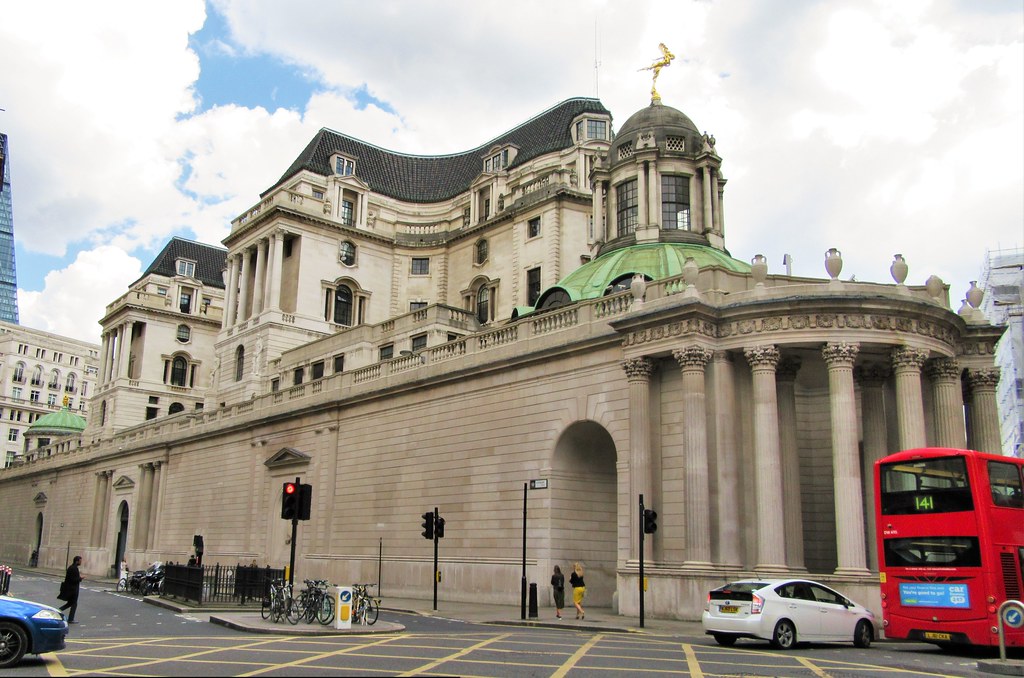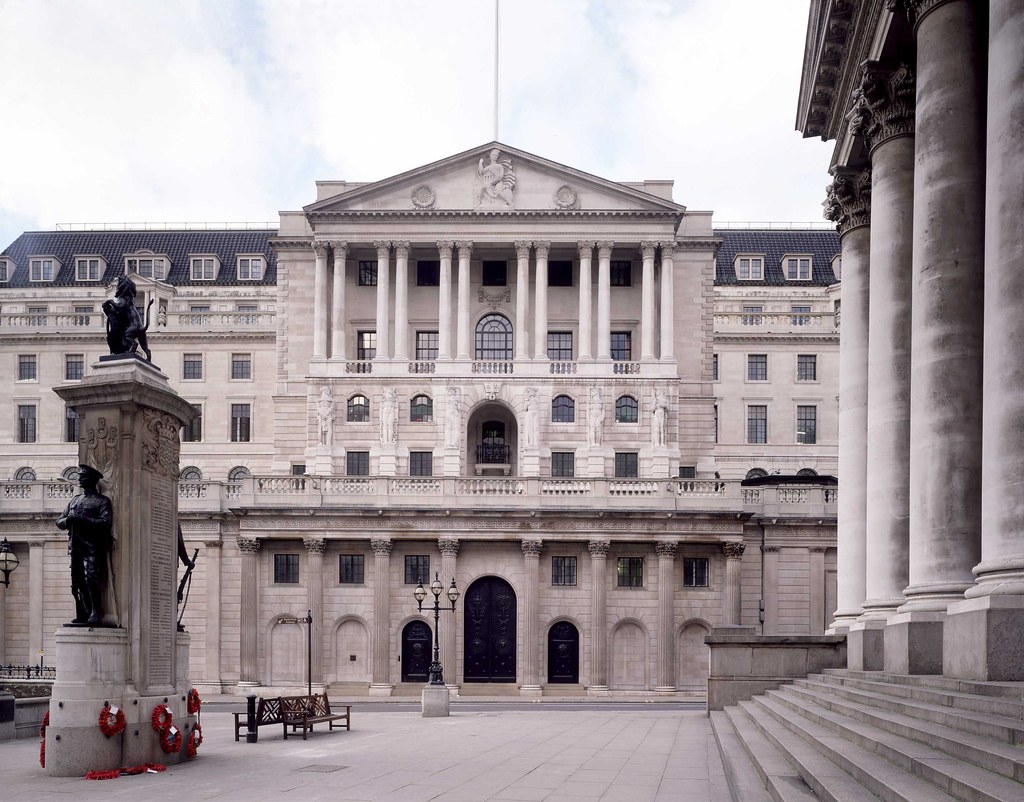Since interest rates were raised to their highest level in 14 years, the governor of the Bank of England has expressed “far more hope” for the UK economy.
After an unexpected increase in inflation last month, it was decided to raise rates from 4% to 4.25%.

It also comes after the rescue of Swiss lender Credit Suisse and the failure of two American banks, but according to the Bank, the UK financial system is “resilient.”
The Bank also stated that a recession was no longer imminent for the UK.
Bank governor Andrew Bailey said, “I’m a little more optimistic today. We were really on a knife-edge as to whether there would be a recession.
The UK, however, is “not off to the races,” according to Mr Bailey, as the economy is only predicted to rise modestly in the near future.
Interest rates have been rising consistently in an attempt to control growing prices.
The rate of price growth, or inflation, was more than five times the bank’s target in the year to February and is still very close to being at its highest point in 40 years.
Some homeowners’ mortgage bills will increase as a result of the rate increase, but some savers may benefit from higher yields.
Following the most recent increase, those with typical tracker mortgage contracts will pay an extra £24 per month, and those with conventional variable rate mortgages will see a £15 increase.
The Bank voted to hike rates after the unexpected jump in inflation last month but said it still anticipated the cost of living “to fall rapidly during the rest of the year”.
It claimed that this was largely due to the government’s decision in the Budget to extend energy bill assistance in order to keep typical household costs at £2,500 per year, as well as decreases in wholesale gas prices.
Mr Bailey, though, steadfastly declined to declare whether he believed that UK interest rates had peaked.
The high price of energy has been the main force behind the rise in the cost of living over the past year, with gas and oil prices skyrocketing in the aftermath of Russia’s invasion of Ukraine.
Prices have increased as a result of additional variables, including a lack of labourers and rising food expenses.
According to the Bank, “cost and price pressures have remained elevated” as the nine members of the Monetary Policy Committee voted seven to two in favour of raising rates.
After Silicon Valley Bank failed in the US and Credit Suisse was saved, the Bank highlighted in its report that there had been “large and unpredictable changes in global financial markets,” but Mr Bailey said he did not believe the instability would likely lead to a repeat of the 2008 financial crisis.
The government supports the decision to raise rates, according to Chancellor Jeremy Hunt.
The sooner we get a handle on inflation, the better it would be for everyone, he said, noting that rising costs are stifling growth and eroding family budgets.
But shadow chancellor Rachel Reeves said increased interest rates would cause concern for households.
“The government believes the cost of living issue is over, but the truth is that too many families are still struggling with a Tory mortgage penalty and rising food prices,” she said.
When the increase started in January 2022, Neil Sutton’s mortgage payments were $255 per month; starting the following month, they will increase to £465.
“Other than working even harder to find the extra £150 or so a month, there isn’t much you can do. There are not many options available to me “Said he.
You simply feel depressed internally, but I can’t let that show, you know.
Mr Sutton’s mortgage’s 20-year term expires in March, and he doubts he’ll be able to refinance.
The bottom line, he continued, is that we must relocate.












